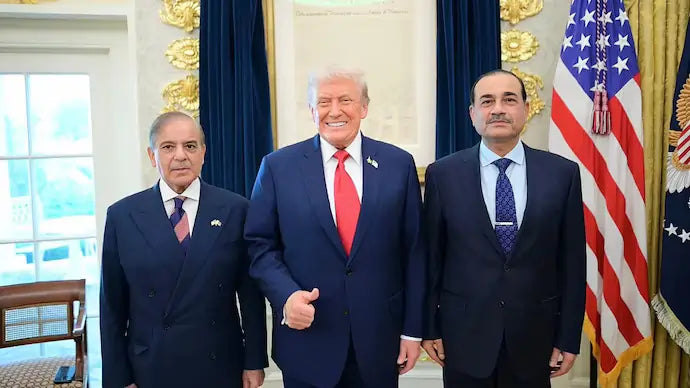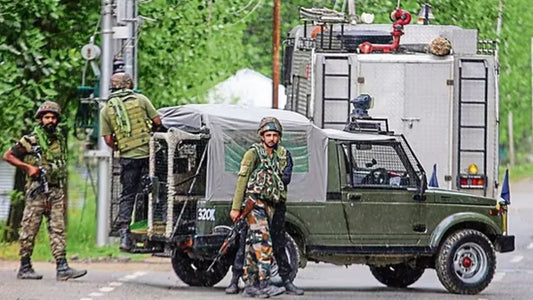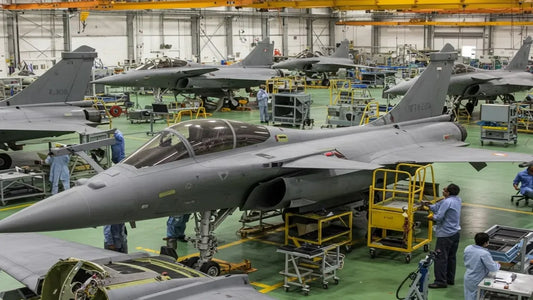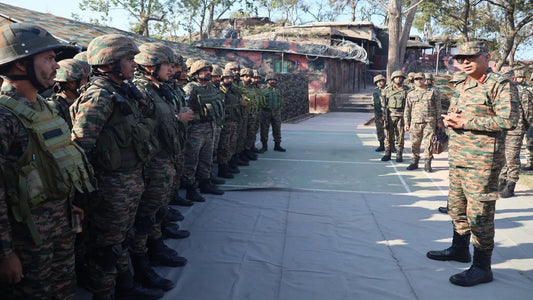US Awards Pakistan Contract for Advanced AIM-120 Missiles Following Trump–Sharif-Munir Summit

In a notable development marking a renewal in US-Pakistan defense relations, Washington has included Pakistan in a recent arms agreement for providing AIM-120 Advanced Medium-Range Air-to-Air Missiles (AMRAAMs). This decision comes after a meeting at the Oval Office involving US President Donald Trump, Pakistan’s Prime Minister Shehbaz Sharif, and Army Chief Field Marshal Asim Munir.
The US Department of War (DoW) has confirmed Pakistan's addition to a revised contract given to Raytheon, the company that manufactures AMRAAMs. The revised agreement sees an increase of USD 41.6 million in the ongoing production contract (FA8675-23-C-0037), bringing the total contract value to over USD 2.51 billion. The contract encompasses several countries including the United Kingdom, Germany, Australia, Japan, Saudi Arabia, and now Pakistan, with the project expected to be completed by May 2030.
While the exact number of missiles allocated to Pakistan has not been revealed, defense experts suggest the deal might involve the AIM-120C8 variant, which is the export version of the AIM-120D, the most advanced AMRAAM currently in US service. This inclusion hints at a potential enhancement of the Pakistan Air Force’s (PAF) F-16 fleet, which is the only platform compatible with these missiles.
The Pakistan Air Force currently uses the older AIM-120C5 variant, around 500 of which were acquired in 2010 along with its F-16 Block 52 aircraft. The AMRAAMs gained attention during the 2019 Balakot crisis when they were used by Pakistan to shoot down an Indian Air Force MiG-21 Bison piloted by Wing Commander Abhinandan Varthaman.
The reestablishment of US-Pakistan defense cooperation comes as bilateral relations improve following the India-Pakistan conflict in May 2025. President Trump played a central diplomatic role in facilitating a ceasefire, for which Pakistan subsequently proposed his nomination for the Nobel Peace Prize, a suggestion that India later rejected.
In recent months, high-level meetings have taken place in Washington involving Pakistan’s senior military and diplomatic officials, including PAF Chief Air Chief Marshal Zaheer Ahmed Babar, reflecting a strategic thaw in relations. This new missile agreement is viewed as part of the US's strategic adjustment towards South Asia, aiming to maintain its influence in the region amidst increasing Chinese-Pakistani defense ties.



















